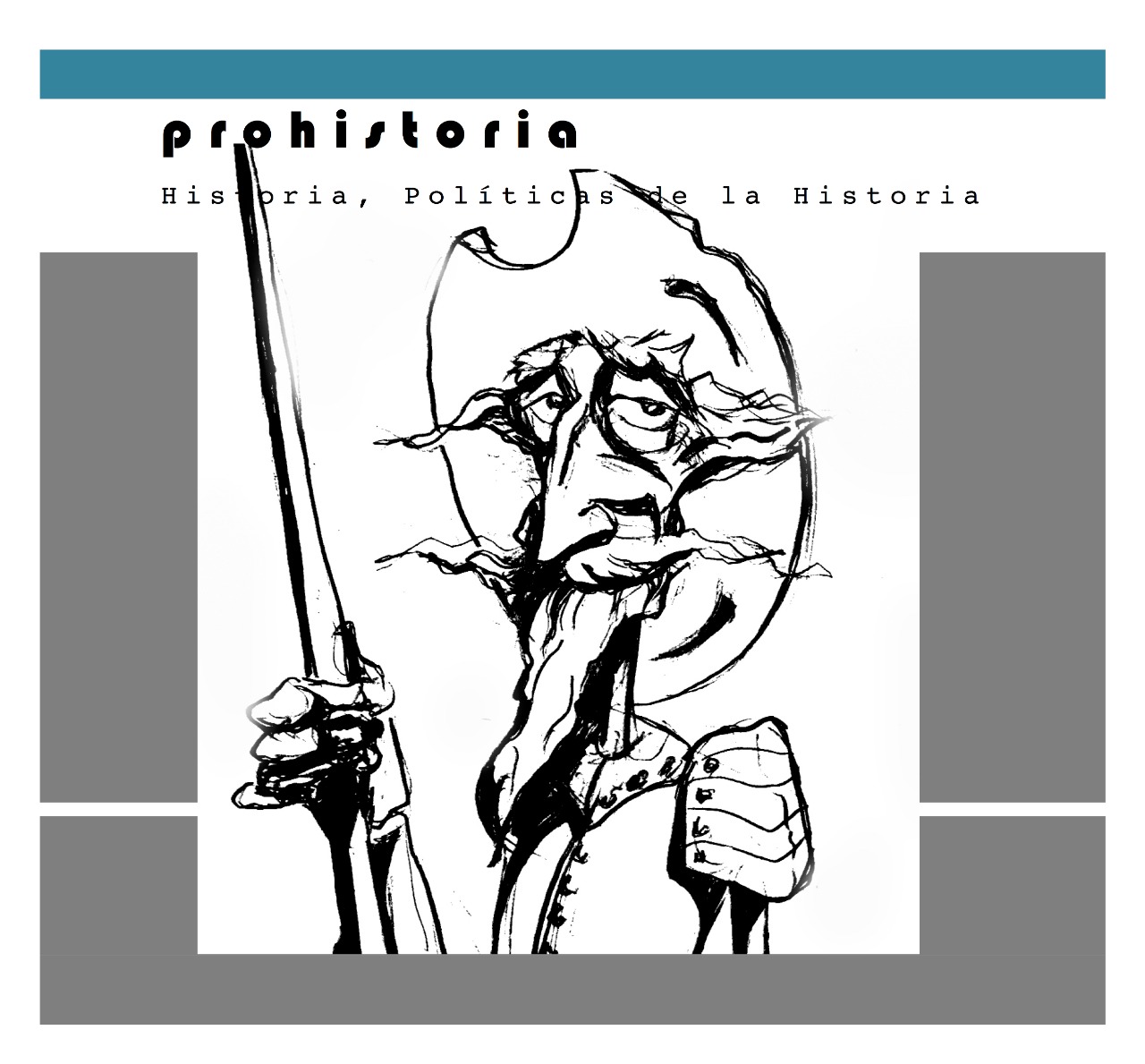Deserters and rebels. Two ways to understand the militarization in Guatemala and Chiapas, 1825-1859
DOI:
https://doi.org/10.35305/prohistoria.vi28.1253Keywords:
Justice, military jurisdiction, militias, political agreementsAbstract
Research on military mobilization and the application of justice during the first half of the nineteenth century has provided new nuances that help to understand the state construction of that period in Hispanic America. This article is inspired by this renewal to make a first attempt at exploration about the ways in which the military and militiamen were judged. Problem of first importance because the new political legitimacy passed through the citizenship, and this was understood in many occasions as a right won by the participation in the militias and regular units. This article will address two territorial spaces under construction, Guatemala and Chiapas, which were part of the General Captaincy of Guatemala and maintained political and economic ties despite being part of two different national projects after 1823.
Downloads
Published
How to Cite
Issue
Section
License

This work is licensed under a Creative Commons Attribution-NonCommercial-ShareAlike 4.0 International License.
- Authors retain copyright and grant the journal right of first publication with the work simultaneously licensed under Creative Commons Attribution 4.0 International License.
- Authors are able to enter into separate, additional contractual arrangements for the non-exclusive distribution of the journal's published version of the work (e.g., post it to an institutional repository or publish it in a book), with an acknowledgement of its initial publication in this journal.
Copyright of this issue © Prohistoria. Historia, políticas de la historia



















